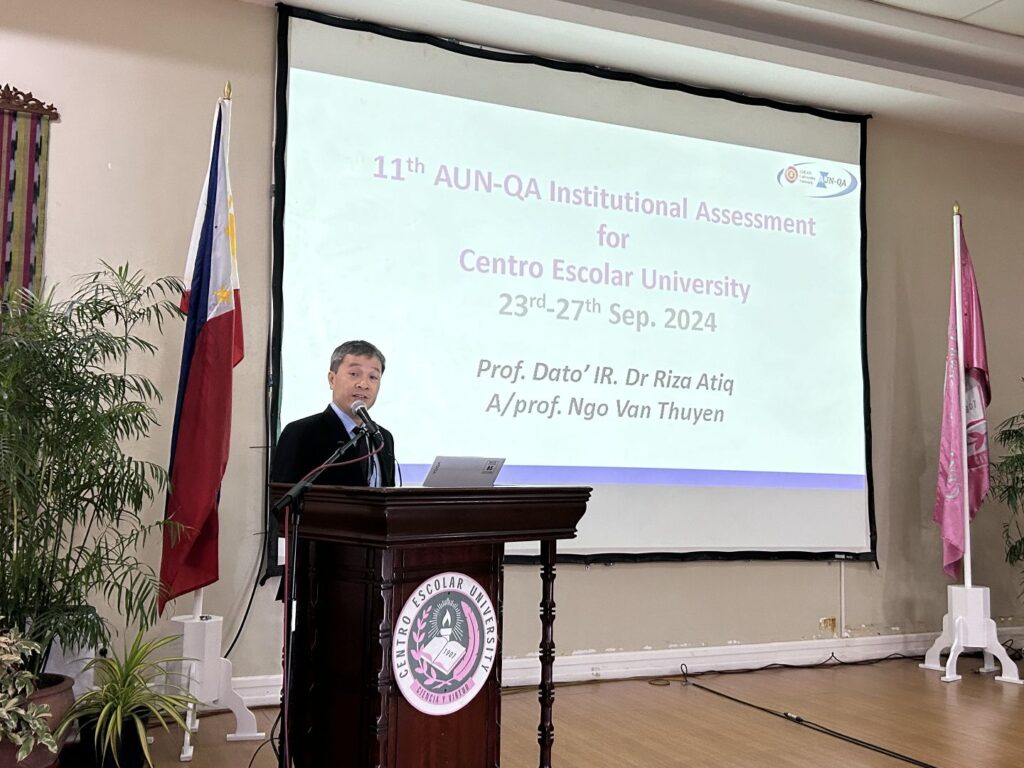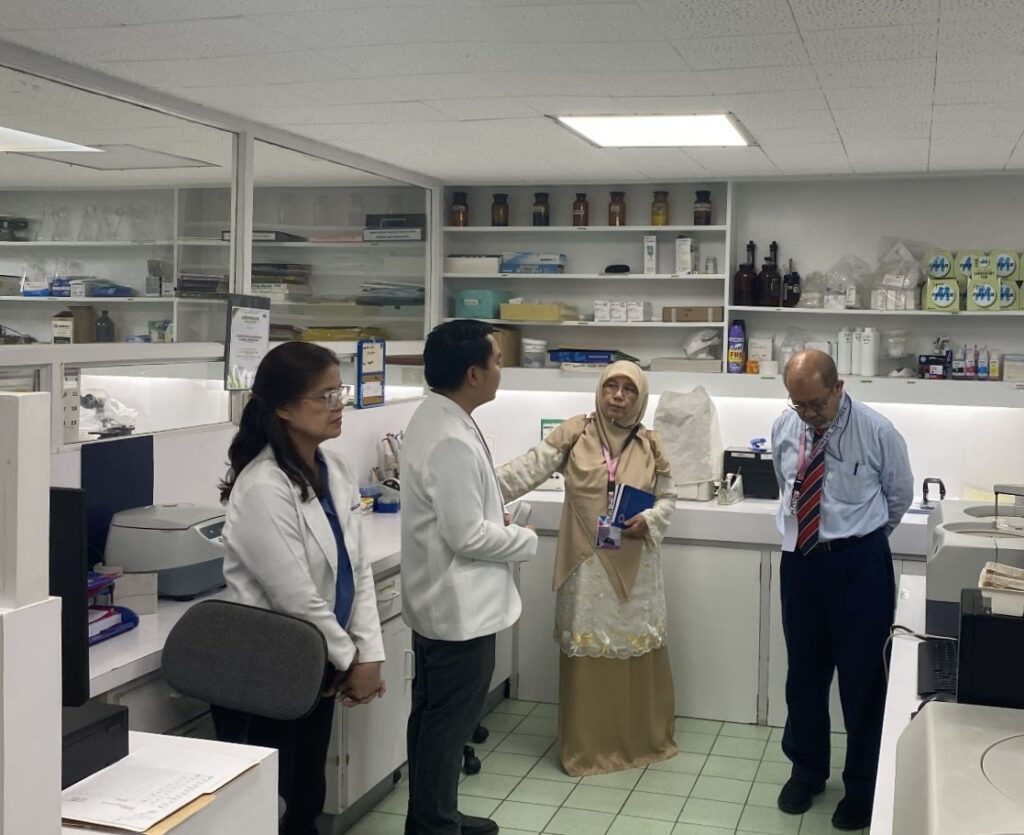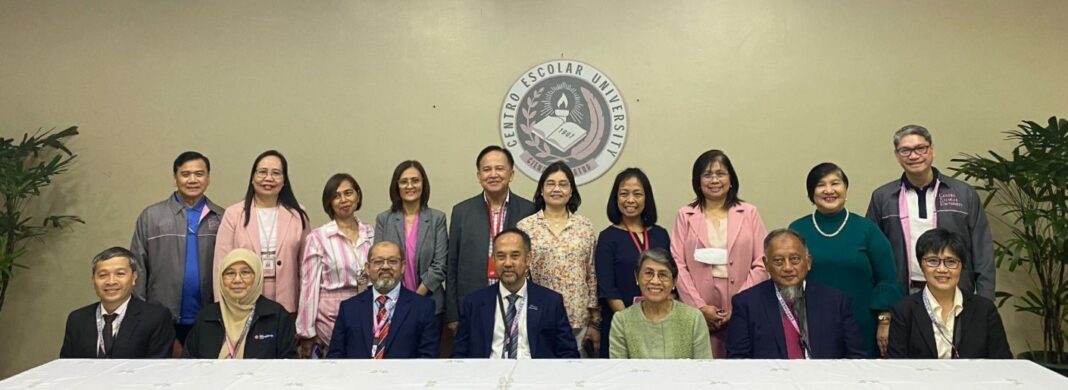This certification is proof of CEU’s unrelenting commitment to delivering high-quality education
Third-party accreditations are scientific and unbiased means to assess an institution’s capability. In the field of higher education, these accreditations from various associations aid in ensuring the delivery of quality education. One such institution is the ASEAN University Network (AUN) through its AUN-Quality Assurance. Established to realize the association’s mission of harmonizing educational standards and seeking continuous improvement of academic quality of universities in the ASEAN region, it conducts quality assessments in the program and institutional levels among educational entities which are part of its network.

With only four institutions in the Philippines and 11 in the ASEAN region, Centro Escolar University (CEU) has earned institutional certification from AUN-QA for successfully completing the AUN Quality Assessment at the Institutional Level. Prior to this, AUN has conducted assessment for CEU’s various programs since 2015, namely, Pharmacy, Hotel and Restaurant Management, Business Administration, Dentistry, Tourism Management, Nursing, Optometry, Psychology, Nutrition and Dietetics, Biology, Dental Medicine, Medical Technology, Social Work, Music Education, Communication and Media, and Cosmetic Science.
The institutional assessment involves three major criteria that fulfill the needs of the stakeholders. First is Strategic QA categorized as either management (vision, mission, culture, and governance; leadership and strategy; human resources; financial and physical resources; and external relations and networks) or functional (education, research, and service policies). Second involves Systemic QA (quality assurance system, internal quality assurance information management, and quality enhancement);l. Third is results (educational, research, service, financial and market results).
Some of the notable strengths of CEU cited on the assessment include, but are not limited to, having a good Learning Management System (the CEU LEAPS); programs accreditation and assessment by various bodies; maintaining Autonomous Status from the Commission on Higher Education (CHED); policies for education that embed the institution’s values among community members; employability of graduates, and high academic achievement evidenced by licensure examination results.

The certification from AUN-QA for successfully completing the quality assessment institutional level is a proof of CEU’s unrelenting commitment to ensure the delivery of quality education.
“Our membership in the AUN is a testament of our commitment to our stakeholders—to be accountable for giving them the education they deserve,” explains . “Since 2015, we have been working to acquire certification for our programs to show unbiased proof that our programs are at par with international standards. This year, we took the commitment to another level and worked on getting our first AUN-QA institutional certification.”
Other than the strengths, the assessment also cited areas for improvement which can aid the university in furthering its commitment to providing quality education.
“Apart from validating that our efforts are going in the right direction, third-party assessments like AUN-QA help us refine our strategies,” Dr. Teresa says. “While we know where we are good at, we are also made aware of areas we need to work on.”
Learn more about the ASEAN University Network here. Discover more about Centro Escolar University and its programs here.


